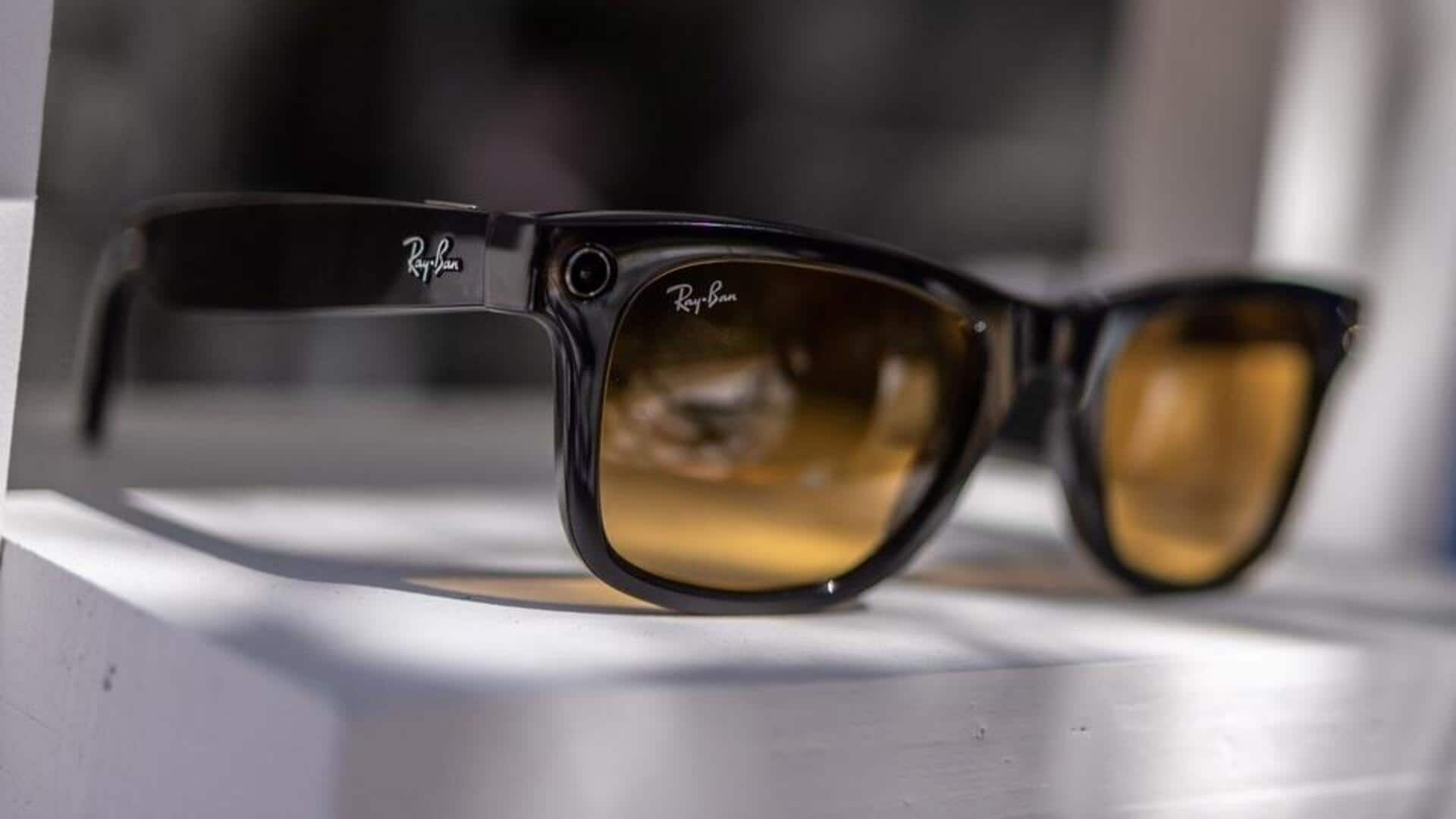
Chinese start-ups challenging Meta's Ray-Ban smart glasses with affordable alternatives
What's the story
Chinese technology companies are making significant strides in the smart glasses market, following the success of Meta's Ray-Ban smart glasses. The latest versions of Meta's glasses, enhanced with artificial intelligence (AI) capabilities and priced at $300, have outperformed their predecessors' two-year sales within a few months. This surge in consumer interest is driving Chinese firms to develop innovative and cost-effective alternatives.
Market entry
Superhexa introduces affordable AI audio glasses
Superhexa, a start-up backed by Xiaomi, has entered the competitive market with its AI audio glasses named Jiehuan. Priced at an affordable CNY 699 (approximately ₹8,200), these glasses aim to provide similar functionality as their pricier counterparts. They offer quick access to large language models (LLMs) through built-in speakers and microphones, enabling real-time interaction with AI.
Advanced features
Jiehuan glasses: A look at the features
The Jiehuan glasses from Superhexa offer advanced features such as 11 hours of music playback, up to two weeks of standby time, and a lightweight design weighing just 30gm. They also include voice-guided navigation, AI chat, and audio translation capabilities. However, early users have reported some limitations with these glasses including difficulties in voice recognition in noisy environments.
Market forecast
AI smart glasses market: A look at the future
Sinolink Securities predicts that shipments of smart eyewear could reach two million units by year-end, a significant increase from last year's 480,000 augmented reality (AR) glasses. This trend indicates a growing consumer interest in such products. However, Ivan Lam from Counterpoint warns that current AI glasses may not appeal to non-glasses wearers and the added weight from electronic components could hinder widespread adoption.